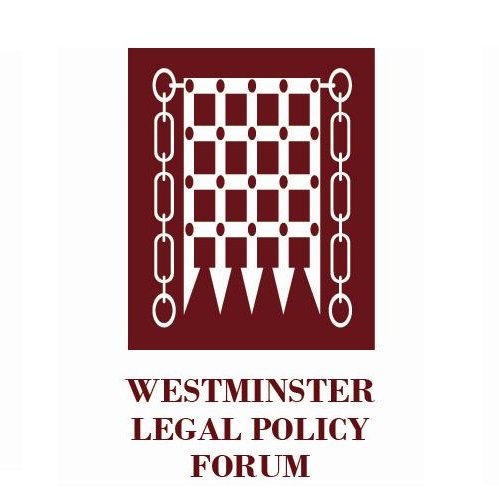
Next steps for the new UK Immigration system - implementation, impact and options for further reform
Morning, Thursday, 15th October 2020
***Full-scale policy conference taking place online***
This conference will discuss key developments and priorities for the UK immigration system.
Key areas for discussion:
The new points-based immigration system - with discussion on:
- the practicalities of planned implementation of the system in January 2021
- the criteria - based on ability to speak English, the offer of a skilled job with an approved sponsor, qualifications, the salary offered, if the relevant sector has a skills shortage, and the salary
- the ability of UK businesses to continue to attract international talent, with concerns over the initially-proposed salary level, and the absence of a route for workers with lower skills and pay
- how a reformed system can best cater for all parts of the UK economy
- the effect on shortage occupations such as the social care sector, particularly in light of pressures on the sector following the COVID-19 pandemic
- the likely impact of the new system on the different regions and nations of the UK and whether the system will allow locally-focused skills gaps to be filled, and skilled workers to be attracted to live and work outside London
The Law Commission’s immigration rule reforms - the potential impact of recommendations put forward by the Law Commission to simplify the immigration rules, the response from government:
- assessing the shorter, redrafted guidelines designed to improve accessibility and ease of use for stakeholders, and how the proposed changes will affect the regulation of immigration practitioners
Seasonal workers
- the implementation of the Seasonal Workers Pilot, which aims to ensure that workforce demand is met in particular sectors, such as construction, agriculture, and hospitality and the likely impact of COVID-19 on meeting workforce demand in this area of the economy
Impact on higher education
- UK university access to global talent as a result of reform, including:
- the announcement from Government that EU, Swiss and EEA students will no longer be classified as home students and will therefore be charged higher fees
- details of the graduate route opening in summer 2021, aimed at supporting retention of international students by allowing masters and undergraduate students to stay two years after their studies, and three years for PhD students
Enforcement and irregular migration
- priorities for border control and international co-operation post-Brexit, including new technology expected to be introduced for monitoring the movement of people, as well as on the UK’s potential withdrawal from the Schengen Information System
- the EU Settlement Scheme and the European Temporary Leave to Remain Scheme - how the online application process and checks required from stakeholders such as employers and landlords on EU nationals have worked practically so far and are likely to do so in future
Why this is particularly relevant now - the context:
- The announcement by Government in February that it will introduce a new points-based immigration system from January 2021
- Details recently published by the Home Office on the points-based immigration system, including:
- the launch of health and care fast-track visas, aimed at reducing costs and improving ease of access to the UK for global healthcare professionals with job offers in skilled roles
- ensuring migrant healthcare workers pay reduced visa application fees and are permanently exempt from making immigration health surcharge payments
- removing the cap on the number of people who can apply for a visa under the Skilled Worker route and expanding the skills threshold to A-level or equivalent, rather than degree level
- a Global Talent Scheme to allow scientists and researchers to come to the UK without a job offer
- a new graduate immigration route to be launched in summer 2021, allowing international students to remain in the UK after completing their studies
- immigrants sentenced to one or more years in prison in the UK to be automatically considered for deportation, including criminals from the EU
- Reports of increasing numbers of refugees travelling to the UK from mainland Europe against the backdrop of ongoing Brexit negotiations, which bring into question whether the UK will be able to continue returning asylum claimants to European countries under the Dublin Regulation at the end of the transition period
- The Government announcing the appointee for the new Clandestine Channel Threat Commander role to lead the UK’s response to managing boat crossings across the channel
- The Government announcing details of the new BN(O) Visa for citizens from Hong Kong
- The Immigration and Social Security Co-ordination Bill continuing its passage through Parliament, which will end freedom of movement arrangements with the European Union
- The recently concluded consultation by the Migration Advisory Committee (MAC) on a shortage occupation list for medium skilled roles, with a final list expected to be published in September
- The Government confirming that it will simplify the UKs future immigration rules by January 2021 in its response to the Law Commission’s recent report
- Findings from the Expert Advisory Committee’s recent report, suggesting the new immigration rules could halve net-migration levels in Scotland and risk labour shortages, particularly in areas such as food production where many workers migrate from the EEA
- The announcement of the Independent Chief Inspector of Borders and Immigration’s call for evidence ahead of its inspection of adults at risk in immigration detention report, examining the effectiveness of changes made in response to COVID-19 following the first report earlier this year
The agenda:
- The Migration Advisory Committee’s review into shortage occupations - key findings
- The UK’s immigration rules and taking forward options for simplification
- Supporting immigrants and their rights at a time of change
- The new points-based immigration system - impact, and ensuring that the system works effectively for individuals, communities and the economy
- Designing an immigration system that works for all parts of the UK
- Enforcing new immigration rules and criteria
- Implementing the points-based immigration system
Policy officials attending:
Our forums are known for attracting strong interest from policymakers and stakeholders.
It is certainly the case with this conference. Places have been reserved by officials from the Department of Education; the Foreign Commonwealth Office; HM Revenue & Customs; the Home Office; the Migration Advisory Committee Secretariat; the Office of the Sentencing Council; UKRI and the Department for the Economy NI.
This is a full-scale conference taking place online***
- full, four-hour programme including comfort breaks - you’ll also get a full recording to refer back to
- information-rich discussion involving key policymakers and stakeholders
- conference materials provided in advance, including speaker biographies
- speakers presenting via webcam, accompanied by slides if they wish, using the Cisco WebEx professional online conference platform (easy for delegates - we’ll provide full details)
- opportunities for live delegate questions and comments with all speakers
- a recording of the addresses, all slides cleared by speakers, and further materials, is made available to all delegates afterwards as a permanent record of the proceedings
- delegates are able to add their own written comments and articles following the conference, to be distributed to all attendees and more widely
- networking too - there will be opportunities for delegates to e-meet and interact - we’ll tell you how!
Full information and guidance on how to take part will be sent to delegates before the conference

